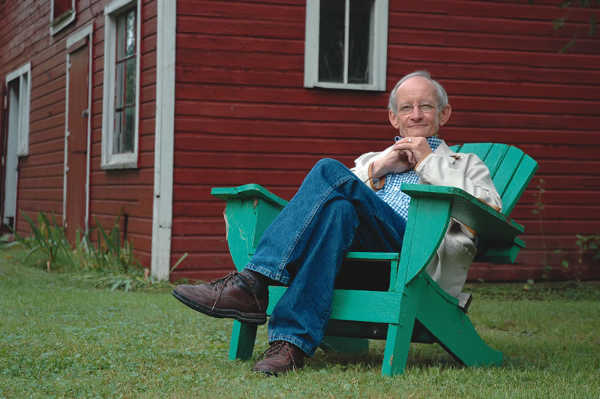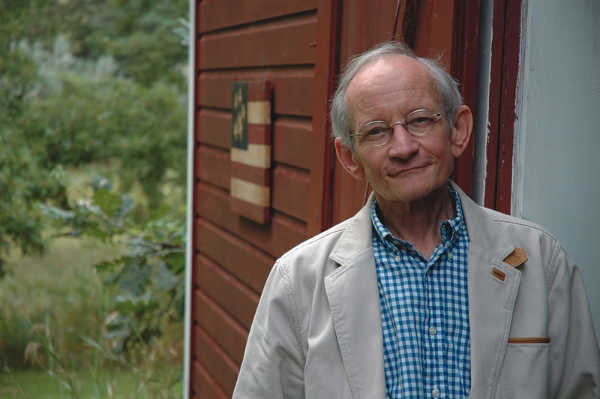- Ted Kooser
- Posted On
American Life in Poetry: Noon Hour

Poets Tom Montag and David Graham have just published a fine anthology, “Local News: Poetry About Small Towns,” from MWPH Books, P.O. Box 8, in Fairwater, Wisconsin.
Here’s one of the many poems I’ve enjoyed, by Peggy Trojan, who lives in Wisconsin.
Ms. Trojan published her first poem in 2010 at the age of 77. “All That Matters: Collected poems 2010-2018,” is her fifth book.
Noon Hour
Unless hot lunch at school
was serving something special
like corn chowder
and baking powder biscuits
or creamed chipped beef
potatoes and brownies
I went home
to what my
mother made
like most town kids
Jack walked the furthest
almost to the river
to his unpainted house
by the railroad tracks
We all knew nobody was there
his mom at the tavern already
He always came back
just in time for the bell.
American Life in Poetry does not accept unsolicited manuscripts. It is made possible by The Poetry Foundation, publisher of Poetry magazine. It is also supported by the Department of English at the University of Nebraska, Lincoln. Poem copyright ©2019 by Peggy Trojan, “Noon Hour,” from Local News: Poetry About Small Towns, (MWPH Books, 2019). Poem reprinted by permission of Peggy Trojan and the publisher. Introduction copyright @2019 by The Poetry Foundation. The introduction’s author, Ted Kooser, served as United States Poet Laureate Consultant in Poetry to the Library of Congress from 2004-2006.









